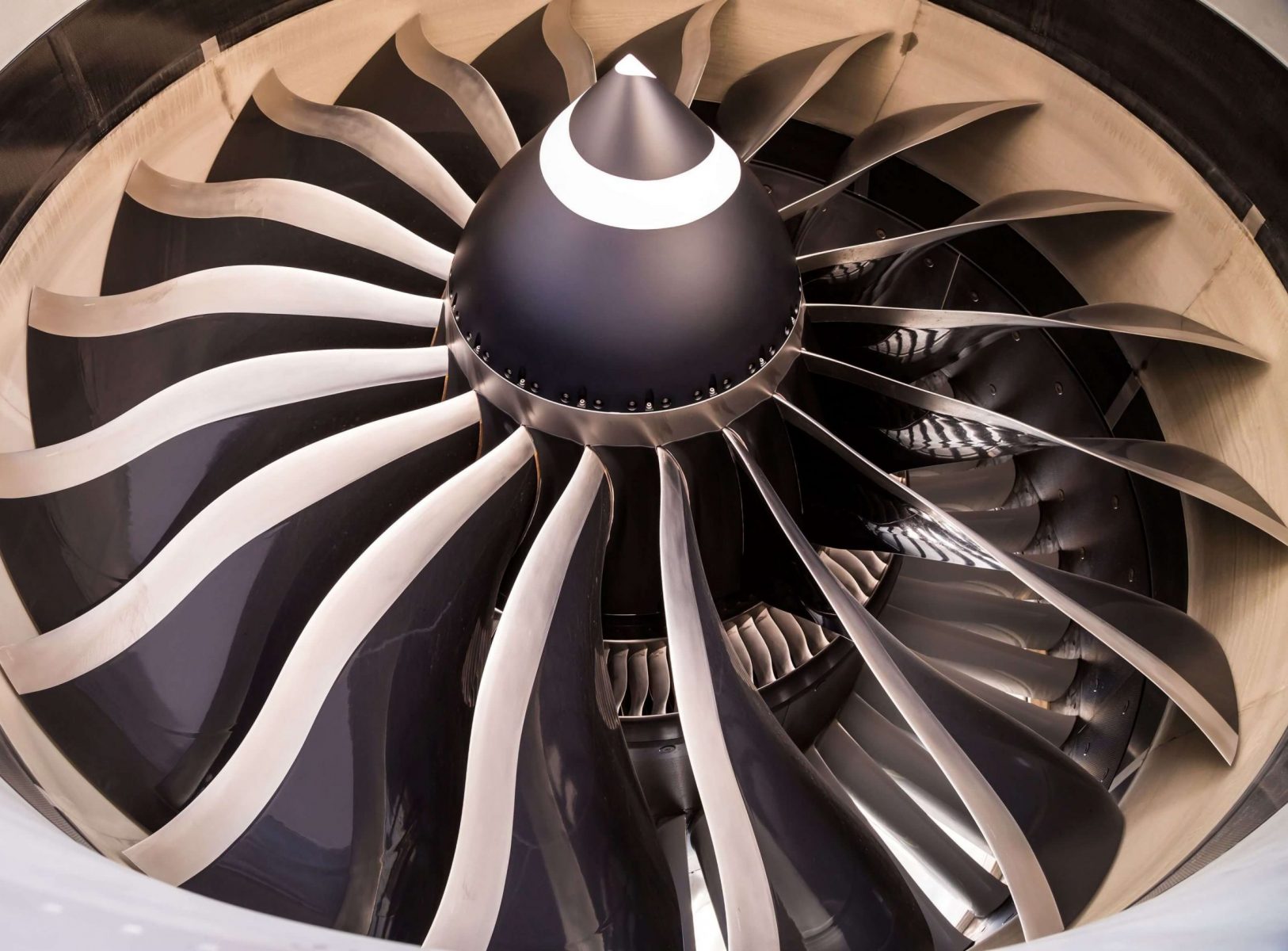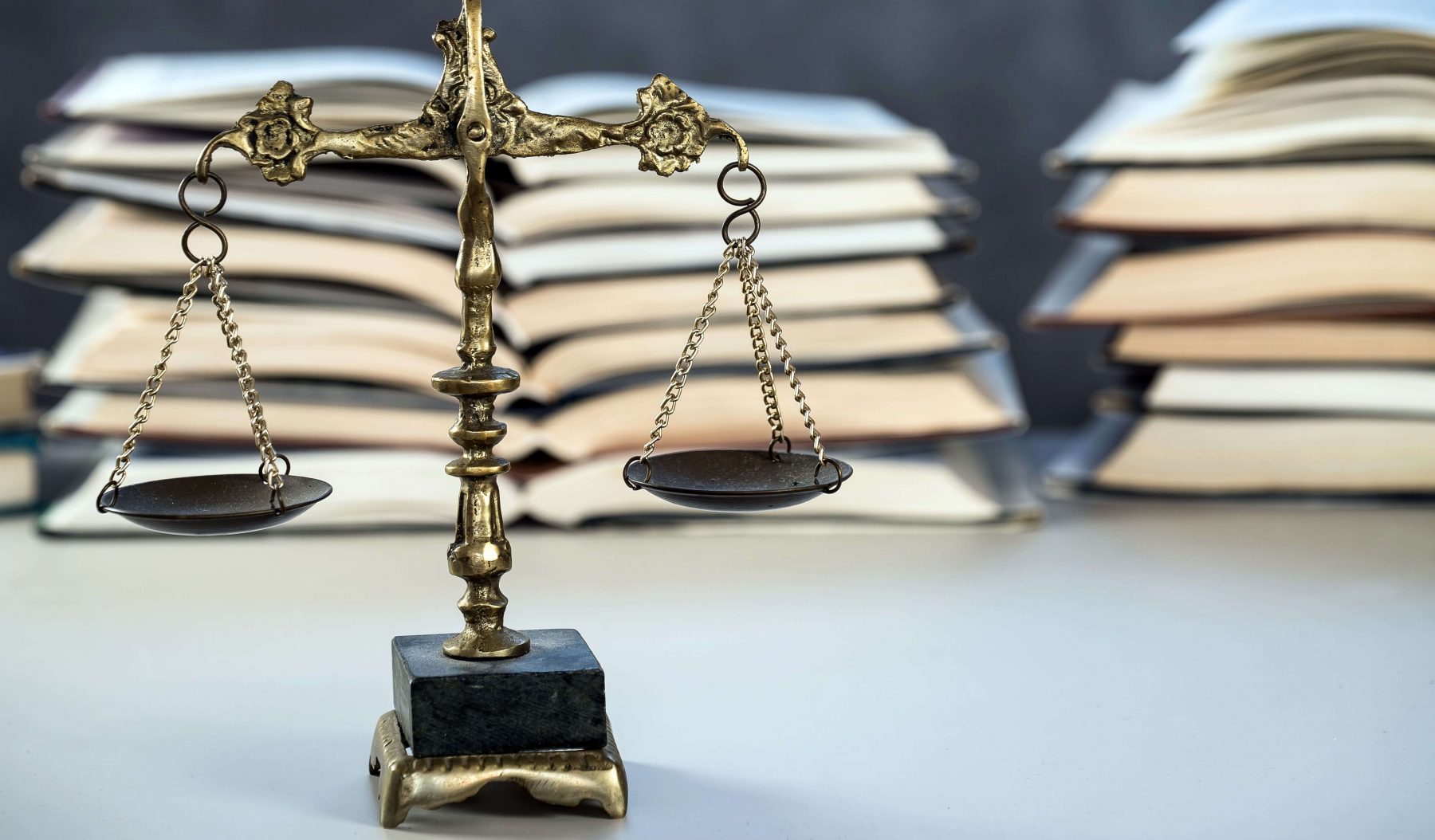
Expert Witness Statements
Expert witness statements in the aerospace industry play a crucial role in providing technical expertise, clarifying complex issues, establishing liability, assessing standards of care, and quantifying damages. They help the legal process understand and evaluate the technical aspects of aerospace cases, facilitating a fair and informed resolution.
Purpose of Expert Witness Statements
Expert Witness Statements are needed in the field of aviation for various purposes and situations, including:
Accident investigations
In the event of an aviation accident, expert witness statements are often required to determine the causes and contributing factors. Experts can analyze flight data, wreckage, maintenance records, and other evidence to provide insights into the sequence of events leading to the accident. Their statements help establish liability, identify responsible parties, and assess negligence or violations of aviation regulations.
Aircraft design and manufacturing defects
When there are allegations of design or manufacturing defects in an aircraft, expert witnesses can provide opinions on whether the design or production process met industry standards and regulations. They can evaluate the engineering, materials, systems, or components involved and determine if any deficiencies contributed to accidents or incidents.

Maintenance and repairs
Expert witnesses may be called upon to assess whether proper maintenance procedures were followed and whether repairs were conducted correctly. They can examine maintenance records, inspection reports, and the work performed to determine if negligence, substandard practices, or improper repairs led to failures or accidents.
Regulatory compliance
Expert witnesses can assess whether an aviation organization or individual complied with applicable regulations, standards, and industry best practices. They can evaluate whether actions or decisions deviated from established norms, potentially leading to accidents or incidents.

Advantages of Expert Witness Statements
Overall, expert witness statements offer valuable contributions to legal proceedings by providing specialized knowledge, clarity, credibility, and objective analysis. They assist the court, jury, or arbitrators in understanding complex issues, evaluating evidence, and making informed decisions based on expert opinions and recommendations. Expert Witness Statements offer several advantages in legal proceedings.

Specialized knowledge and expertise
Expert witnesses possess specialized knowledge, skills, and expertise in their respective fields. They bring a deep understanding of technical, scientific, or industry-specific concepts that may be crucial in understanding complex issues or evidence. Their expertise helps bridge the gap between technical matters and the legal aspects of the case.
Clarity and simplification
Expert witnesses can simplify complex technical information, terminology, or processes for the court, jury, or arbitrators. They have the ability to communicate complex concepts in a clear and understandable manner, ensuring that all parties involved can comprehend the evidence and arguments presented.
Credibility and objectivity
Expert witnesses are typically recognized authorities in their fields, possessing extensive experience and qualifications. Their credibility lends weight to their opinions and analysis, increasing their influence in the legal proceedings. They are expected to provide impartial and objective assessments based on their expertise and the available evidence.
Supporting opinions and conclusions
Expert witnesses can provide opinions, conclusions, or recommendations based on their analysis of the evidence and their expertise. These opinions can help establish liability, assess damages, or determine the applicability of industry standards or regulations. Their statements can significantly influence the decision-making process.
Evaluation of competing expert optinions
In cases where multiple expert opinions are presented, expert witnesses can evaluate and critique the arguments, methodologies, or conclusions put forward by opposing experts. They can offer counter-arguments, provide alternative interpretations, or identify flaws in the opposing expert’s analysis. This assists the court or arbitration panel in evaluating the strength and reliability of the evidence presented.
Damage quantification
In cases involving financial damages, expert witnesses can provide assessments and calculations regarding the quantification of losses or the value of damages incurred. Their expertise in economic analysis or financial modeling allows them to present comprehensive evaluations of the financial impact of the case.
Benefits of Expert Witness Statements
Expert witness statements offer significant benefits for clients by providing expertise, credibility, clarity, objectivity, and strategic guidance. They contribute to a stronger case, enhance the client’s position, and increase the likelihood of a favorable resolution or outcome. Expert Witness Statements provide several benefits for clients involved in legal proceedings:
Stronger case
Expert witnesses bring specialized knowledge and expertise to the client’s case. Their statements provide professional opinions, analyses, and insights that can significantly strengthen the client’s position. Expert witness statements can support key arguments, help establish liability or negligence, and contribute to a more robust and persuasive case.
Credibility and trustworthiness
Expert witnesses are recognized authorities in their fields, possessing extensive qualifications, experience, and reputations. Their credibility and trustworthiness enhance the client’s case by providing expert opinions that carry weight and influence. Their statements can help build trust with the court, jury, or arbitrators, increasing the chances of a favorable outcome.
Clarity and understanding
Expert witnesses can simplify complex technical or industry-specific information for the client and the legal team. They can break down complex concepts, terminology, or processes into understandable terms, ensuring that the client comprehends the evidence and arguments presented. This clarity helps the client make informed decisions and actively participate in their own legal representation.
Objective assessment
Expert witnesses are expected to provide objective and impartial assessments based on their expertise and the available evidence. Their independent analysis can offer an unbiased evaluation of the client’s case, identifying strengths, weaknesses, or potential risks. This objectivity assists the client in understanding the merits of their case and making strategic decisions accordingly.
Counteracting opposing expert opinions
In cases where opposing experts present differing opinions, expert witnesses can evaluate and critique the arguments put forward. They can offer counter-arguments, provide alternative interpretations, or identify flaws in the opposing expert’s analysis. This helps the client challenge or discredit opposing expert opinions and strengthens their own position.
Mitigating losses
In cases involving financial damages, expert witnesses can assist in quantifying losses or assessing the value of damages incurred. Their expertise in economic analysis, financial modeling, or industry-specific evaluations can help the client maximize the compensation sought or mitigate potential losses.
Strategic guidance
Expert witnesses can provide strategic guidance to the client and their legal team. They can offer insights into the technical aspects of the case, identify potential risks or weaknesses, and propose strategies to strengthen the client’s position. Their expertise and experience contribute to a more effective legal strategy and can help the client achieve the desired outcome.
